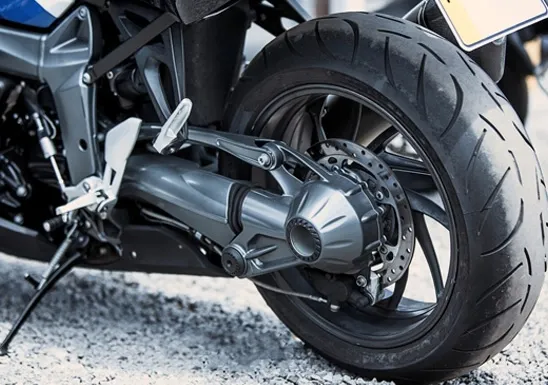जन . 26, 2025 01:44 Back to list
Standard High Pressure TCV Type Hydraulic Oil Seal


Real-world experience also highlights the importance of regular maintenance and inspection of oil seals. Even the most advanced seals can experience wear over time, leading to potential leaks if not addressed promptly. Maintenance personnel should be trained to recognize the early signs of seal failure, such as oil residue around the sealing area or unusual noises emanating from machinery. Timely replacement and adherence to installation best practices are crucial in ensuring long-term machine reliability. In the realm of product application, case studies and testimonials can act as powerful trust-building tools. Success stories from industries where oil seals have significantly enhanced operational efficiency serve as endorsements of the product’s efficacy. These narratives, particularly when backed by quantitative data showcasing improvements in equipment lifespan or reductions in maintenance downtime, fortify the trust users place in their oil seal solutions. As machinery continues to evolve, the dynamics of oil seals will adapt to meet new challenges. The seamless integration of technology, such as predictive maintenance sensors that monitor seal condition in real-time, is on the horizon. These technological advancements promise a future where oil seal maintenance is proactive rather than reactive, ensuring even greater reliability and efficiency in equipment operations. In summary, oil seals are foundational to the performance and reliability of machinery across various industries. Selecting the right seal requires an intricate balance of experience and technical expertise, ensuring that they not only fit the current needs but also adapt as requirements change. Through innovation and a commitment to quality, oil seals will continue to be trusted elements in the machinery of tomorrow.
-
The Trans-formative Journey of Wheel Hub Oil Seals
NewsJun.06,2025
-
Graphene-Enhanced Oil Seals: Revolutionizing High-Pressure Oil Sealing
NewsJun.06,2025
-
Future of Hydraulic Sealing: Advanced Intelligent TCN Oil Seals
NewsJun.06,2025
-
Don’t Let a Broken TCV Oil Seal Ruin Your Day
NewsJun.06,2025
-
Bio-Inspired Dust Seals for Better Sealing Performance
NewsJun.06,2025
-
Biodegradable and Sustainable Hydraulic Seal Materials
NewsJun.06,2025
-
Top Oil Seal Solutions for Your Industrial Needs
NewsMay.22,2025
Products categories
















